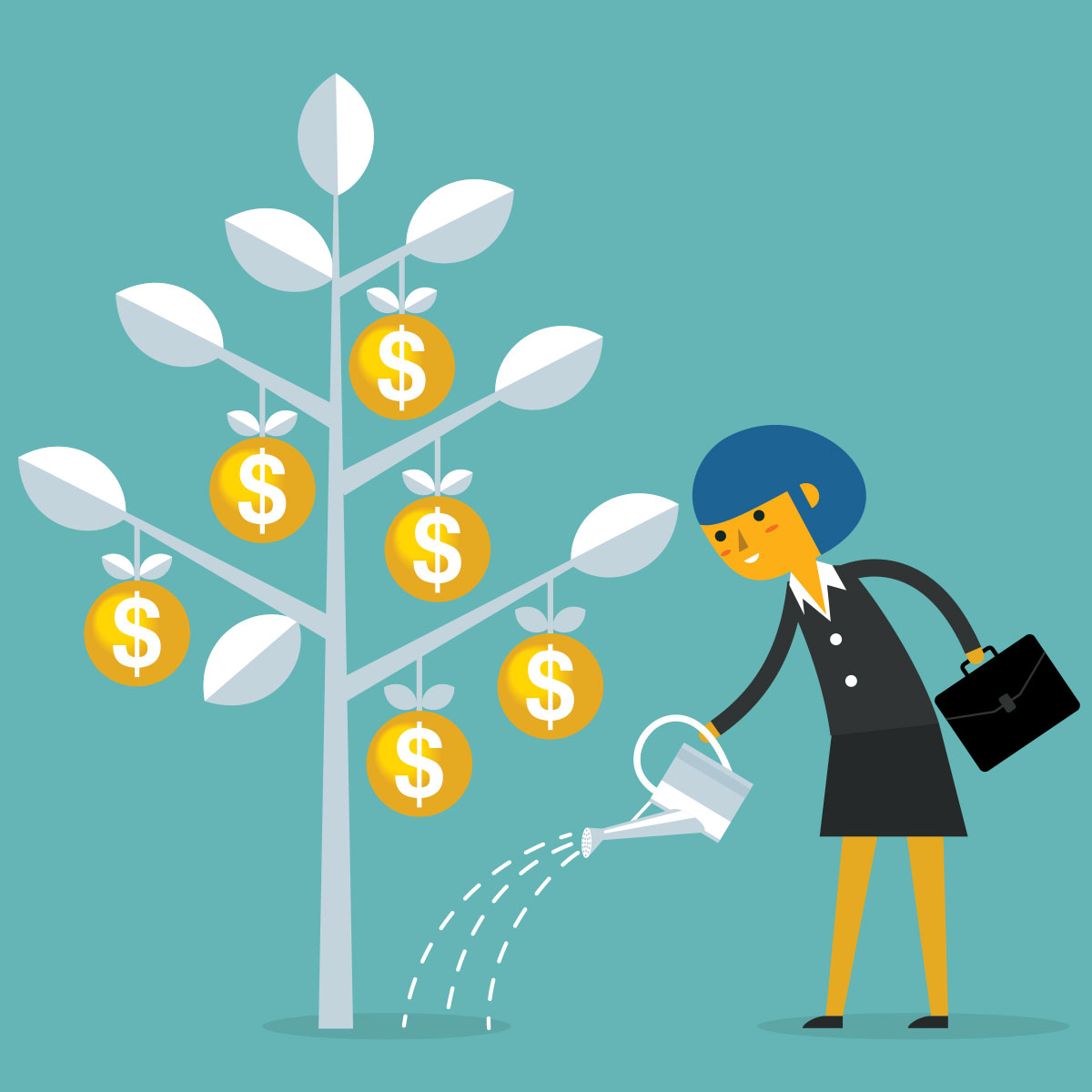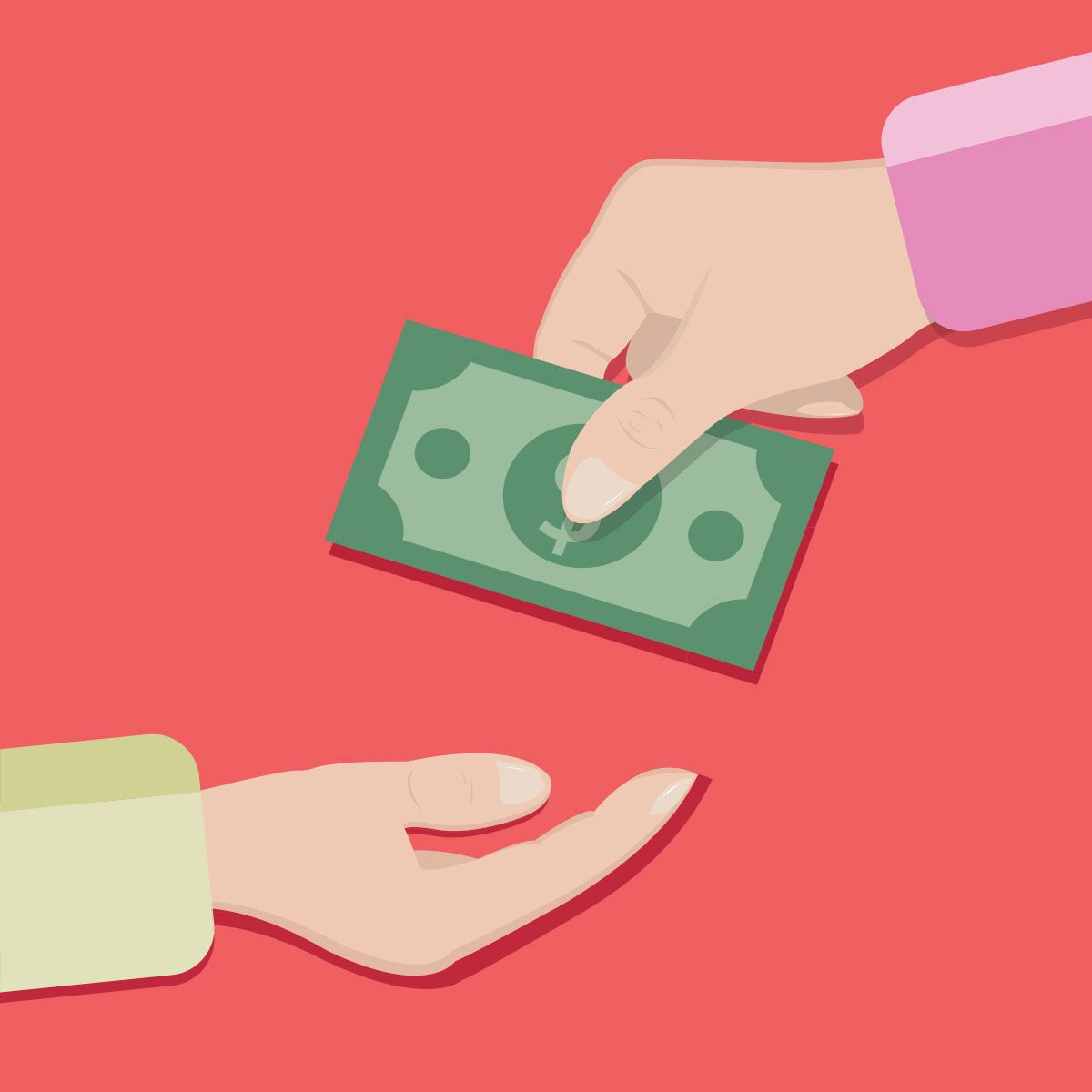1) You Are Financially Independent
As you go from high school graduate to 30-something-year-old, you should gradually establish your financial independence. What this means will look a bit different for every family, but the big “lingering” expenses we see parents covering for their children are car insurance premiums, car payments, and cell phone bills (by way of a family plan). While it’s not always comfortable in the moment, establishing financial independence now will pay dividends down the line.

2) You’ve Invested In Your Earning Potential
The success of your financial life can be boiled down to three very basic variables: the amount of money you earn, the amount of money you spend, and what you do with the amount that’s leftover. Your 20s are the best time to make investments in your lifetime earning potential, and that doesn’t always mean college. Technical certifications, gaining in-demand skills, and college degrees are all great ways to increase your lifetime earning potential, which can make budgeting and saving for retirement that much easier. While you may not know what you want to do with your life when you are 30, it's important that you put time, money, and energy behind your earning potential during your 20s.

3) You Know Your Credit Score, And Have A Plan
For many, the 20s are a time period of financial miscues. And for some, this means a credit score that is lower than is desired. Regardless of what happened during your 20s, you should know your credit score and have a plan in place by the time you turn 30 (at the latest). If your score is already good, that plan may be to stay the course. If your score needs improvement, your plan may be to formulate a debt paydown strategy that spans two or three years.

4) Your Retirement Account Is Growing
By the time you turn 30, you should have a retirement account set up and be making monthl contributions to the account.
If you have access to an employer-sponsored plan, this might mean a portion of each check goes toward retirement - in addition to a match from your employer. For freelancers and those in the gig economy, that might mean a Simplified Employee Pension (SEP) IRA that you contribute to monthly.


5) Your Outstanding Debt Is Shrinking
Also by the time you turn 30, you should be making good headway on any outstanding debt. And when we say this, we mean ALL debt: credit card debt, car payments, and student loans.
In addition to making headway on your debt, you should also have a debt paydown strategy in place that defines a target date to zero out your balances.
Enjoy The Journey
The 20’s are a great period of personal and professional growth. Whatever that looks like to you, we hope you enjoy the journey. If working with a fee-only financial advisor would help you do that, we invite you to connect with our team.
If the DIY approach is a better fit for you, check out our Resource Center for ideas and insight when it comes to managing your financial life.


